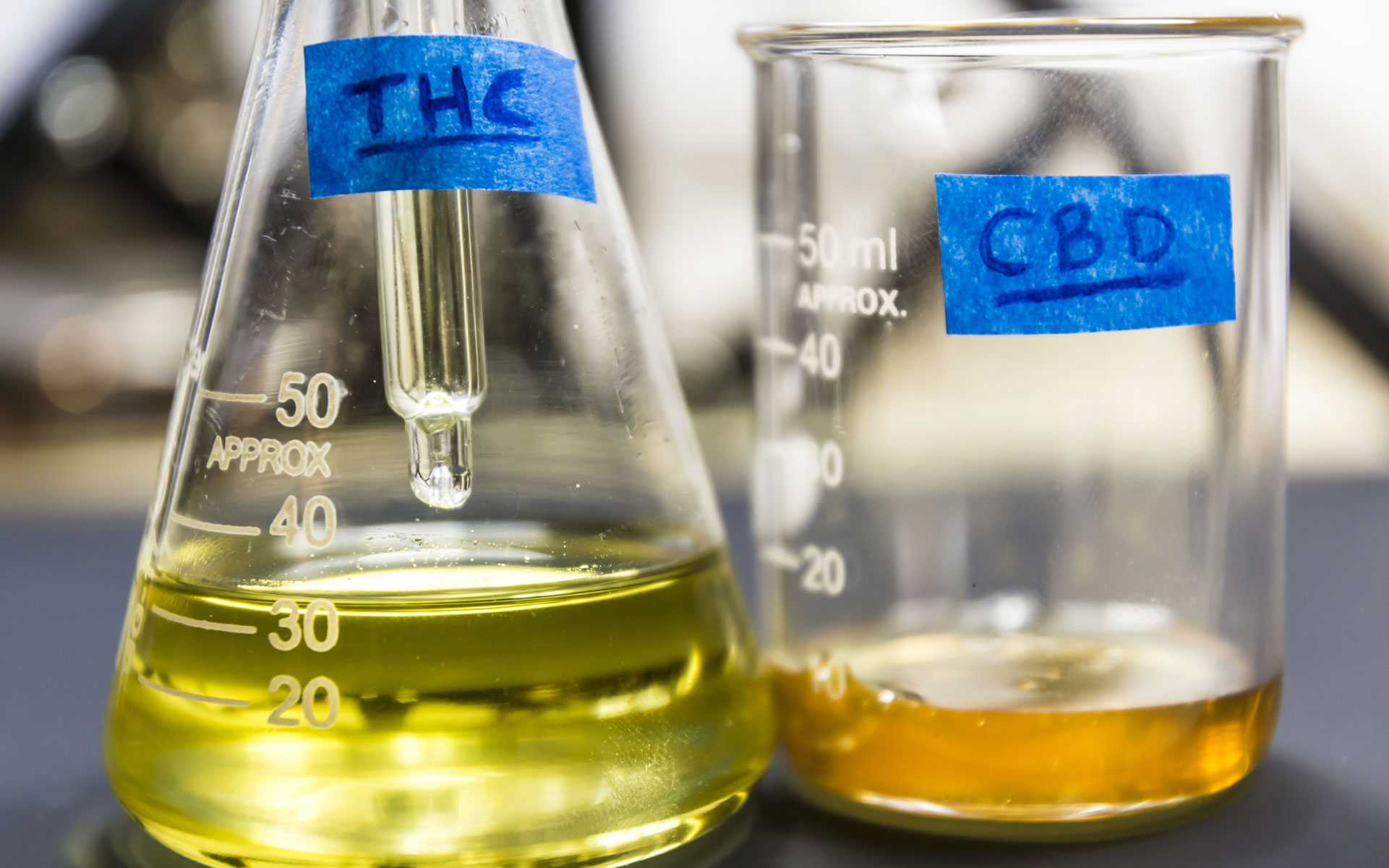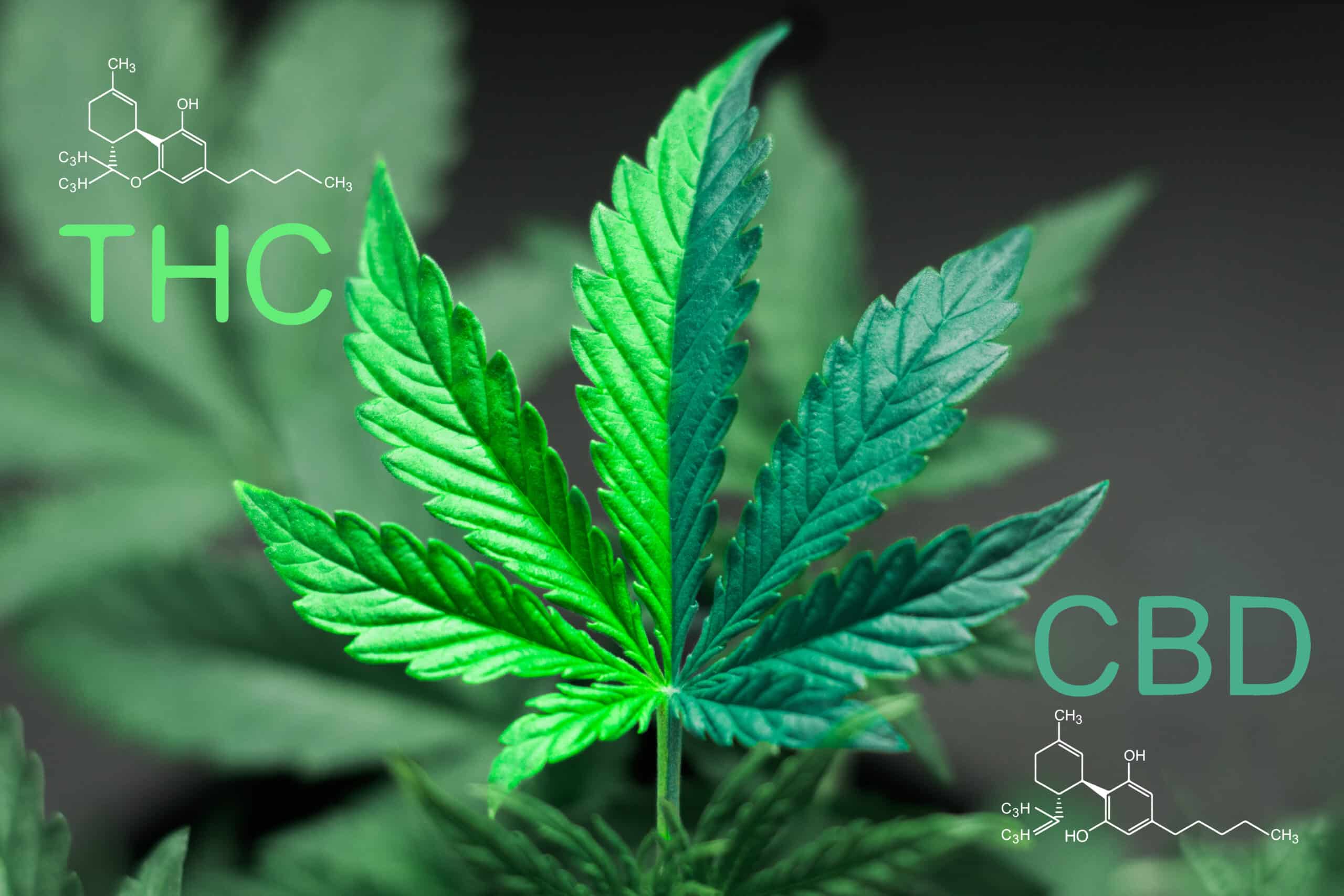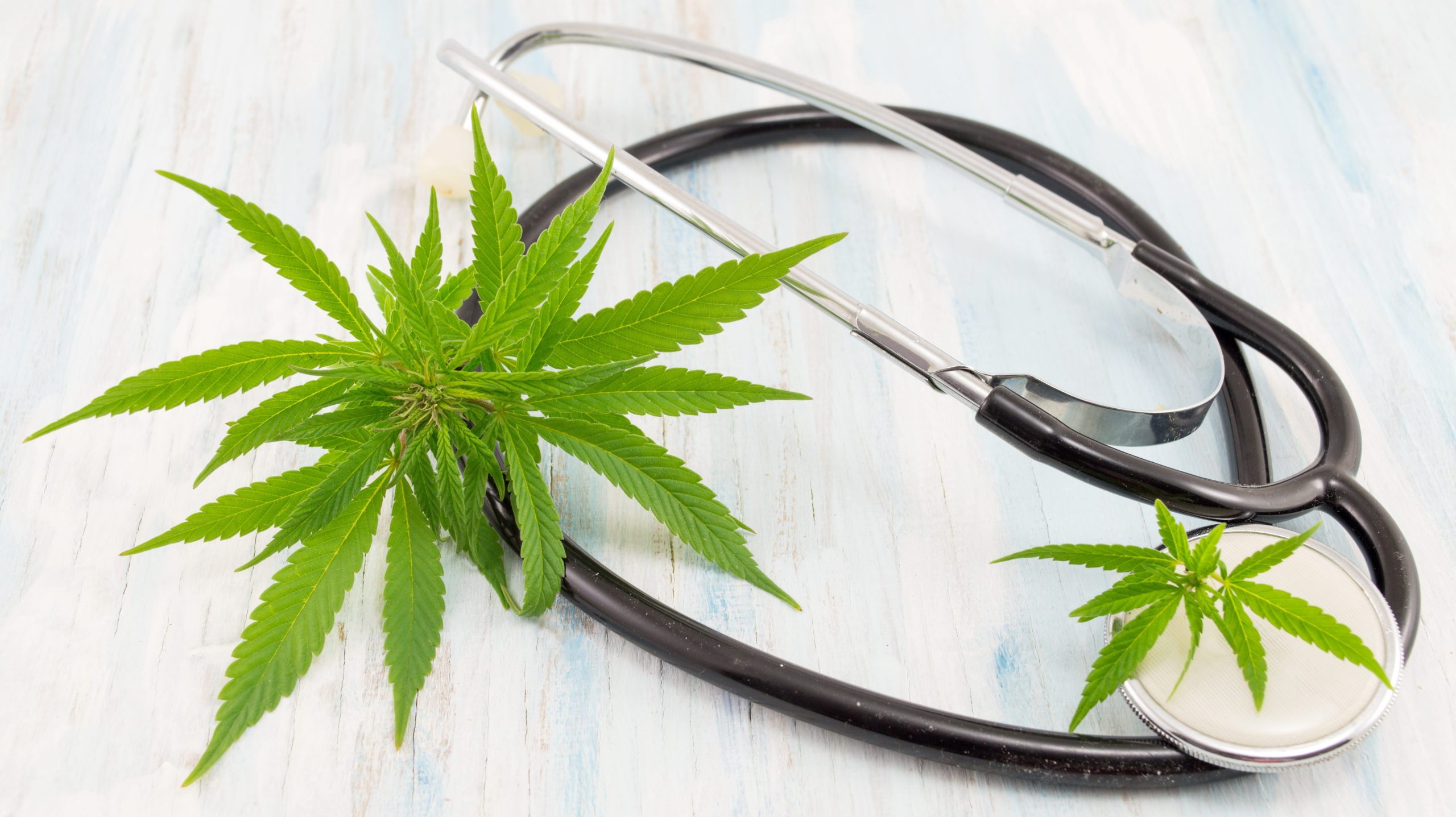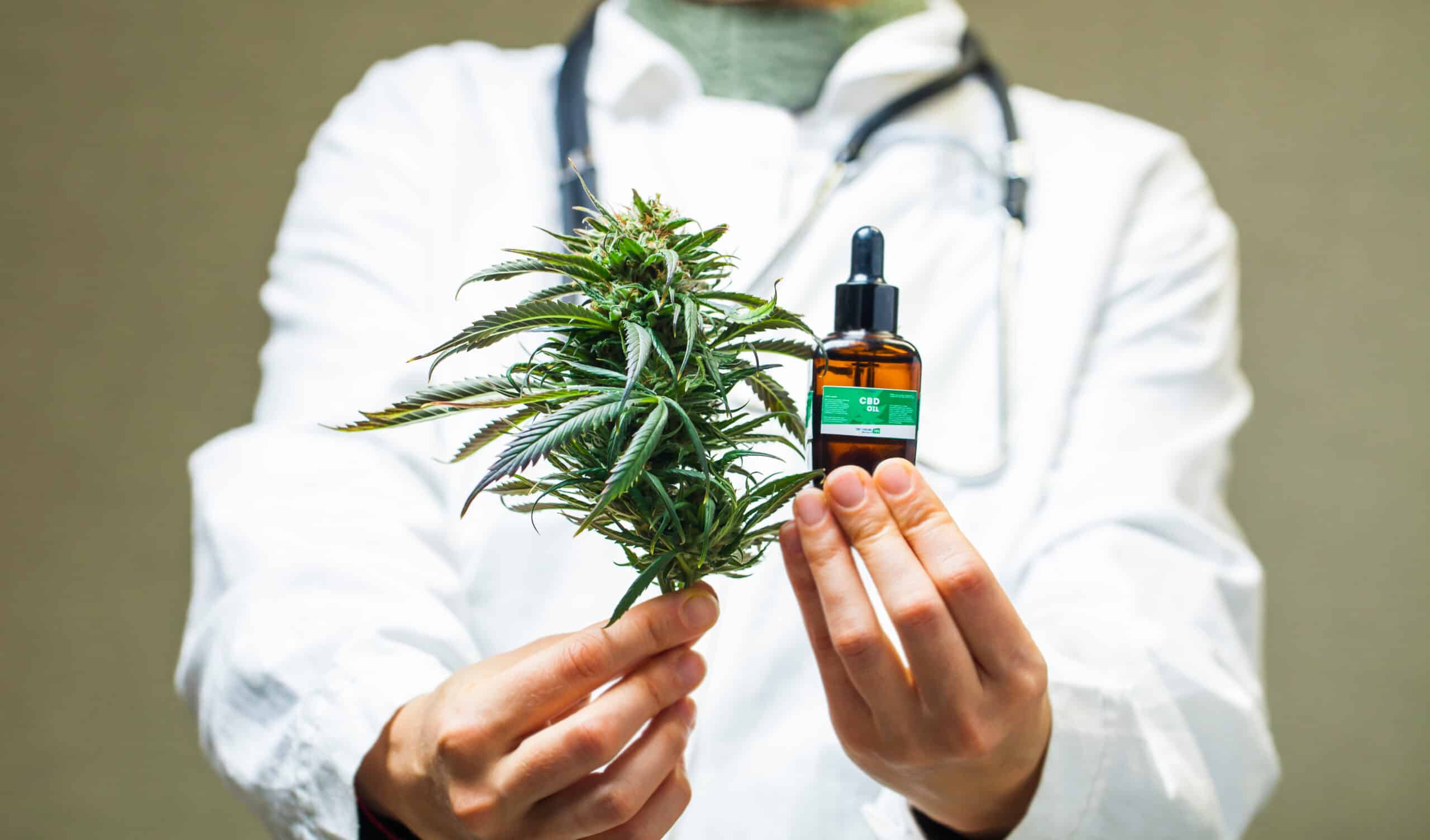2023 saw tons of new research come out related to cannabis. Below is a selection of some of the studies that caught my attention, with brief summaries of each. The first two studies are in the realm of public health. After that, three studies on commercial cannabis followed by two basic research studies on the endocannabinoid system.
This year, we saw a nice review of the public health research done over the past few years, finding little evidence that legalization promotes marijuana consumption among teens, together with evidence that does promote lower teen alcohol consumption. There was also interesting research done on the Cannabis plant itself, including non-terpene volatiles that drive its aroma and its susceptibility to Hop Latent Viroid, a devastating infection that’s spreading across North America. There was also interesting basic research, shedding new light on how the endocannabinoid system works.
Here’s a brief summary of a selection of studies from 2023.

As of the publication of this paper, 36 states had legalized medical marijuana and 18 had legalized recreational adult-use cannabis. This review paper summarizes studies that have come out to do with public health consequences of legalization. The major outcomes they reviewed the literature on included: youth marijuana use, alcohol consumption, the abuse of prescription opioids, traffic fatalities, and crime.
“Little credible evidence to suggest that legalization promotes marijuana use among teenagers.”
Topics with a strong level of agreement across studies included:
- “Little credible evidence to suggest that legalization promotes marijuana use among teenagers.”
- “Convincing evidence that young adults consume less alcohol when medical marijuana is legalized.”
For other topics, the authors found a lower level of agreement across studies preventing firm conclusions from being drawn. Those included:
- “For other public health outcomes such as mortality involving prescription opioids, the effect of legalizing medical marijuana has proven more difficult to gauge and, as a consequence, we are less comfortable drawing firm conclusions.”
For more detail on the literature they reviewed, check out the paper itself.
Related
How to order weed delivery online with Leafly
The question this study sought to address was whether state cannabis legalization was associated with increased rates of psychosis-related health care claims. This cohort study looked at claims data from over 63 million beneficiaries between 2003-2017. They found no statistically significant differences in the rates of psychosis-related diagnoses or prescribed antipsychotics in states with legal medical or adult-use cannabis compared to those without legal cannabis.
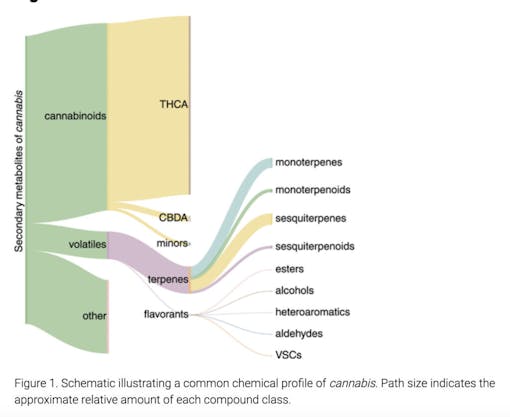
Following up on previous work showing that the “skunky” aroma of some strains comes not from terpenes, but from a class of compounds called, “volatile sulfur compounds,” a team from Abstrax dug deeper into the chemistry of cannabis aroma. They found that a variety of nonterpene volatile compounds are the main drivers of many of the “exotic” aromas that give strains various sweet or savory scents.
To learn more about this particular study, check out this Leafly article and listen to the video lecture by Abstrax chemist Dr. Iain Oswald.
Related
The nose knows: Time to free your mind from THC and terp scores

Hop latent viroid is a virus-like infection that’s been devastating cannabis crops throughout North America. We have previously written about what HLV is and how it affects marijuana growers. This was a key study from 2023 showing what HLV does to Cannabis plants and how prevalent it already is in some locations. Given the enormous impact HLV is already having, expect to hear more about this bug in 2024.

Some cannabis is grown indoors, some outdoors. Many consumers have strong opinions on which is better. In this 2023 study, researchers did a head-to-head comparison of two genetically identical cultivars grown indoors vs. outdoors, looking at their cannabinoid and terpene content. Main findings included:
- Significantly higher levels of oxidized and degraded cannabinoids in indoor-grown samples.
- Significantly more “unusual cannabinoids” such as C4- and C6-THCA in outdoor-grown samples.
- Significant differences in terpene profiles for outdoor- vs. indoor-grown samples, with outdoor-grown samples generally showing higher levels of sesquiterpenes like caryophyllene, humulene, etc.
The endocannabinoid system regulates many different systems in the brain and body. As we covered in this article, endocannabinoids play an important role in regulating pain perception, fear, and anxiety. At any given moment, there is a certain level of “endocannabinoid tone” in your brain. As this rodent study showed, endocannabinoid tone “gates” the stress response generated in the hypothalamus of the brain. In general, endocannabinoids restrict activation of the hypothalamic-pituitary-adrenal (HPA) axis, which is the key brain system regulating stress levels. Higher endocannabinoid tone had the effect of lessening stress levels in rodents.
Endocannabinoid receptors are one of the most abundant proteins in the brain, found in many different brain regions and types of neurons. This is one reason why the effects of THC can be so diverse. Depending on the dose of THC consumed, different neurons and brain regions can be affected to different degrees, generating different effects. In this rodent study, neuroscientists studied the effects of a specific subset of dopamine neurons in the brain which express CB1 receptors. They found that this particular subset of neurons has some of the negative side effects that cannabinoids like THC can induce (especially at high doses), including anxiety. This highlights how specific subsets of neurons in the brain can control specific effects that cannabinoids generate.



